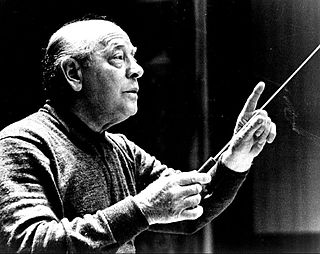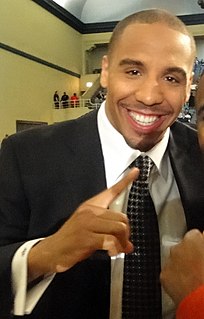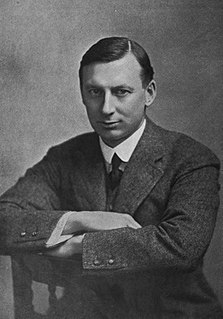A Quote by Eugene Ormandy
I never say what I mean, but I always manage to say something similar.
Related Quotes
Intuitionists think that there are cases in which, say, some identity statement between real numbers is neither true nor false, even though we know that it cannot possibly be false. That is: We know that it cannot not be that a = b, say, but we cannot conclude that a = b. We can't, in general, move from not-not-p to p in intuitionistic logic. , I suggest that the believer in vague objects should say something similar. It can never be true that it is vague whether A is B. But that does not imply that there is always a fact of the matter whether A is B.
People say when you're in love, you don't need etiquette. Well, you need it then more than anything. Or they say, "At home I can just be myself." What they mean is they can be their worst selves... They always mean they will save all their anxiety about how to behave for somebody like the head waiter of a restaurant, someone they'll never see again.
It's impossible to say a thing exactly the way it was, because of what you say can never be exact, you always have to leave something out, there are too many parts, sides, crosscurrents, nuances; too many gestures, which could mean this or that, too many shapes which can never be fully described, too many flavors, in the air or on the tongue, half-colors, too many.




































